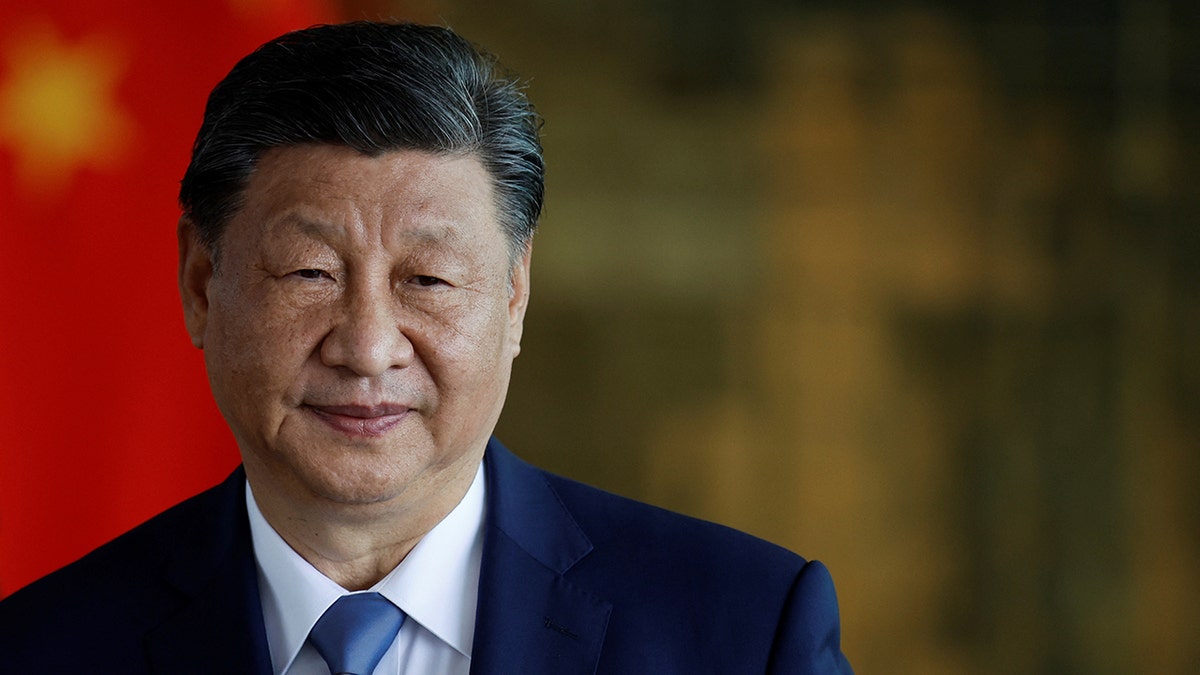The 2024 elections are over, and it's time to confront the most significant external threat to the American way of life: the People's Republic of China. China's economic and military might, combined with the Chinese Communist Party's (CCP) ambition to supplant the United States as a global leader, presents a formidable challenge. While geopolitical hotspots like Taiwan and the South China Sea rightly receive considerable attention, we must not overlook the CCP's efforts to undermine us domestically.
The federal government plays a crucial role in national defense, but state and local governments are essential in safeguarding the homeland, enhancing resilience against CCP activities, and preparing for potential future conflicts. Following President Trump's 2016 election, the CCP employed a "subnational" strategy, engaging with states to counteract the federal agenda. This strategy persisted throughout President Biden's term.

Ambassador Robert O’Brien, former National Security Adviser, received daily briefings on the CCP's harmful domestic activities. Alarmingly, two-term Arizona Governor Doug Ducey was never briefed on these extensive and dangerous state-level CCP operations. This lack of communication is unacceptable and must change.
To address the CCP's subnational strategy, State Armor and Citizens for Free Enterprise Action, with input from numerous leading security experts, have created a state threat assessment to guide state and local officials in protecting American interests. The CCP's infiltration occurs primarily across four areas: targeting individuals and institutions, economic and financial assets, physical infrastructure, and critical supply chains. State-level solutions are necessary to complement federal policies in each of these areas.
First, states must counter China's attempts to influence state and local leaders and institutions. The CCP utilizes "elite capture" tactics, aiming to establish networks of people and information that can be exploited. All official trips by lawmakers to China must cease immediately. States need to safeguard public universities from CCP influence, following Florida's example with its 2022 and 2023 legislation. "Sister city" partnerships with China should also be terminated, as Indiana did in 2024, to disrupt China's local influence operations.
Second, states must stop financially supporting the Chinese economy. Many public pension funds and retirement accounts hold significant investments in Chinese state-controlled and defense companies. Given that all Chinese companies are effectively under the control of the CCP, it is questionable whether fund managers can hold PRC assets and still fulfill their fiduciary responsibilities. States like Tennessee, Indiana, and Kansas have already banned such investments, and Governor Greg Abbott recently announced Texas's complete divestment from China. States should also emulate Utah, Idaho, and Nebraska by prohibiting the use of Chinese technology in state procurement for critical technologies. Economic incentives for CCP-linked companies should be eliminated.
Third, states must protect their real estate and critical infrastructure from Chinese espionage and potential sabotage. Chinese purchases of agricultural land and property near U.S. military bases and critical infrastructure are on the rise. The federal government cannot identify every risky transaction, so states must take responsibility. Arkansas, Florida, and Texas have implemented measures to prevent the CCP from acquiring their land and infrastructure.
Finally, states should learn from the COVID-19 pandemic and strengthen their critical infrastructure and supply chains in anticipation of a potential conflict in the Indo-Pacific. China's aggressive actions toward Taiwan and the Philippines could escalate into a conflict far more disruptive than the pandemic, likely including a large-scale cyberattack. Nebraska, Oklahoma, and Texas are conducting "Pacific conflict stress tests" to diversify their supply chains and protect critical infrastructure.
The CCP's strategy to infiltrate and weaken American society is real, as is its military threat to the free world. State and local officials must take the lead in this critical situation by using their authority within our federal system to protect their communities. It is crucial to sever CCP influence operations, safeguard state finances and supply chains, and shield land and critical infrastructure from CCP control. Failure to act will leave us all vulnerable to the serious harm the CCP poses to American interests and our democratic allies worldwide.












